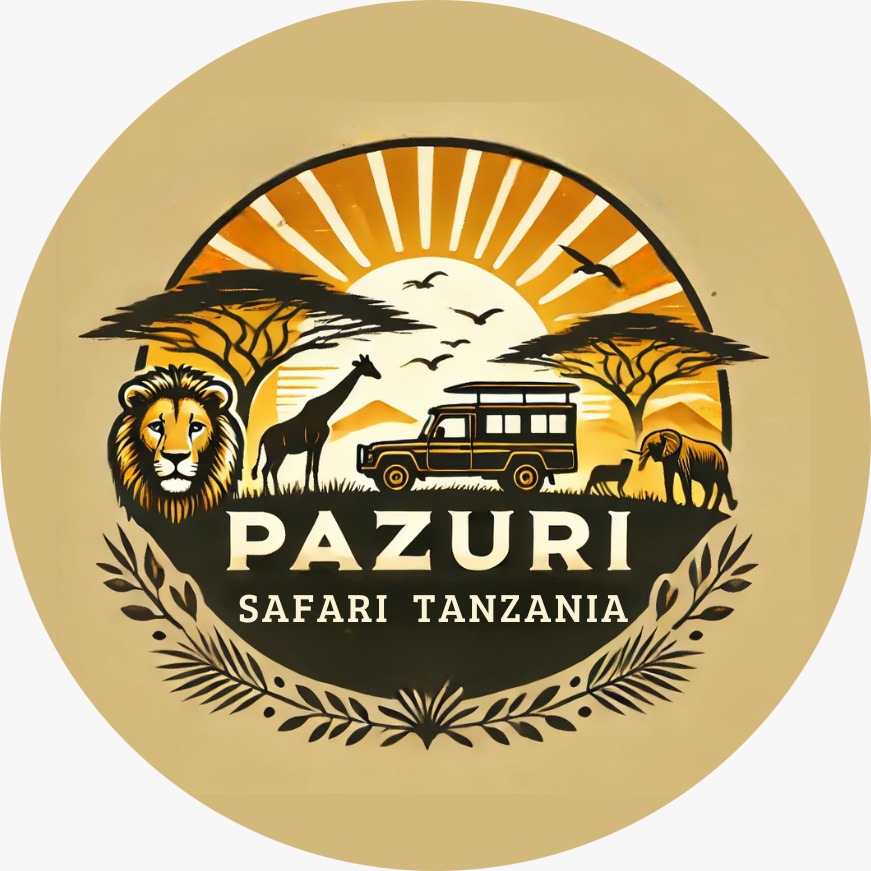How Your Safari Transforms Lives at Kilimamoja School

Meet the incredible students and teachers at Kilimamoja Primary School and see firsthand how responsible tourism creates lasting educational opportunities in rural Tanzania.
Every morning at 7 AM, the sound of children's laughter echoes across the hills surrounding Kilimamoja Primary School. Located 30 kilometers from the nearest town, this rural school serves 340 students from surrounding villages, many of whom walk up to two hours each way to attend classes.
Meet the Students Who Inspire Change
Twelve-year-old Amara dreams of becoming Tanzania's first female wildlife veterinarian. Despite having never seen the ocean, she speaks passionately about marine conservation after learning about coral reefs in her science class. Her enthusiasm exemplifies the curiosity and determination that characterizes Kilimamoja's students.
James, age 10, has never left his village but can describe the Great Migration in vivid detail, thanks to wildlife documentaries shown on the school's solar-powered projector—a gift funded by safari tourism revenue. His detailed drawings of elephants and lions reveal an artistic talent that, with proper nurturing, could develop into a career in wildlife illustration or conservation photography.
Teacher Dedication Against All Odds
Headteacher Mwalimu Rajabu has worked at Kilimamoja for 15 years, watching the school transform from a collection of mud huts with no electricity to a thriving educational center. "When I first arrived," he recalls, "we had 50 students and two teachers. Children sat on the floor because we had no desks. Now we have proper classrooms, solar power, and a computer lab."
Ms. Grace, the English teacher, walks three hours daily from her home village because she believes in the school's mission. Her dedication has resulted in Kilimamoja students consistently scoring higher on national exams than urban schools with significantly more resources. Her secret? "I treat every child as if they were my own," she explains.
How Safari Revenue Creates Educational Opportunities
Every safari booking contributes directly to Kilimamoja's development through our community partnership program. These funds have enabled remarkable improvements: installation of solar panels providing reliable electricity, construction of a library with over 2,000 books, establishment of a computer lab with 10 tablets, and provision of daily meals for all students.
The school feeding program, entirely funded by tourism revenue, has increased enrollment by 40% and dramatically improved academic performance. "When children are hungry, they cannot learn," explains the school cook, Mama Fatuma. "Now they have energy to focus on their studies and dreams."
Student Success Stories
Former student John Makanga, now studying wildlife management at university, credits Kilimamoja with launching his academic career. "The school's emphasis on environmental education opened my eyes to conservation careers I never knew existed," he says. John returns regularly to mentor current students, creating a cycle of inspiration and support.
Sarah Mollel, a 2019 graduate, became the first person from her village to attend secondary school, thanks to a scholarship funded by safari tourism. She now studies in Arusha and plans to return as a teacher. "Kilimamoja taught me that my background doesn't limit my future," she reflects.
Environmental Education in Action
Kilimamoja's environmental education program connects students directly to conservation efforts. Students participate in tree planting initiatives, learn about sustainable farming practices, and understand how wildlife tourism can benefit their communities without harming the environment.
The school's vegetable garden, maintained by students, provides fresh produce for school meals while teaching sustainable agriculture techniques. Students learn crop rotation, composting, and water conservation methods they can implement at home, creating positive environmental impact beyond the school grounds.
Community Engagement and Parent Involvement
Parents who once questioned the value of education now actively support the school. Regular community meetings discuss student progress, school improvements, and future goals. This engagement strengthens the entire community's commitment to education as a pathway to better opportunities.
Local craftspeople teach traditional skills like beadwork and carving, while school subjects provide modern academic foundation. This balance ensures students understand their cultural heritage while preparing for contemporary careers.
Looking Toward the Future
Plans for the coming year include expanding the library, adding science laboratory equipment, and establishing a scholarship fund for exceptional students to attend secondary school. Each safari visitor contributes to these goals, creating tangible improvements in educational opportunities.
When you choose responsible safari tourism, you don't just witness Tanzania's natural wonders—you become part of a community transformation story that extends far beyond your visit. Every dollar spent creates ripple effects that change lives, one student at a time.
